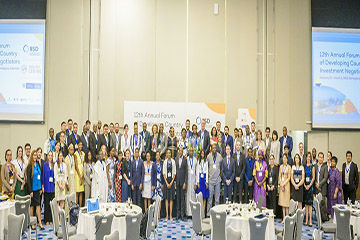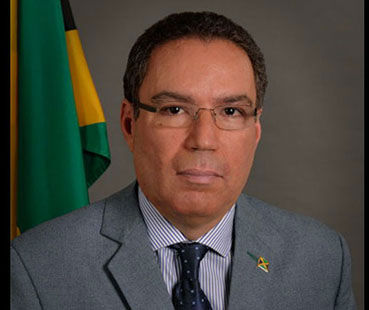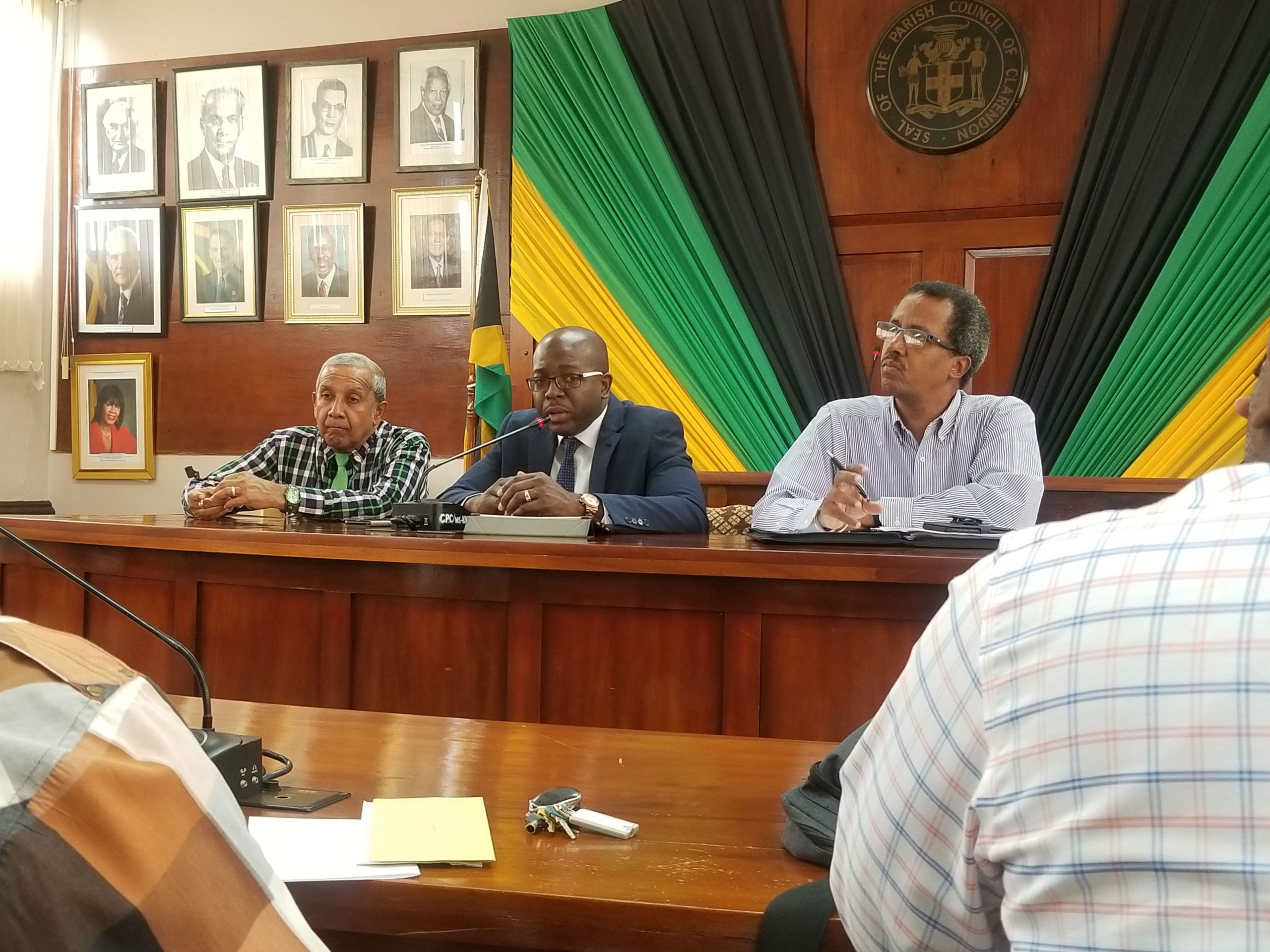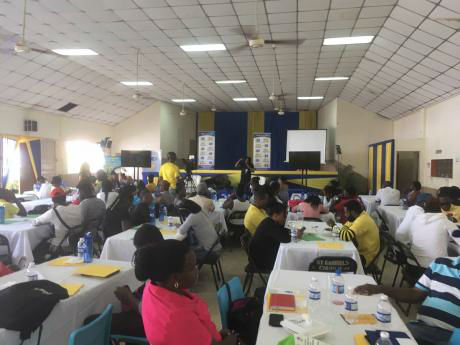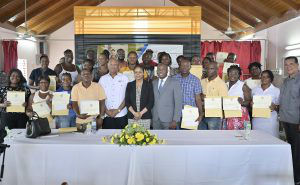The forum was aimed at preparing developing countries for the 37th Session of the United
Nations Commission on International Trade Law (UNCITRAL) Investor-State Dispute
Settlement (ISDS) Reform, which was held in New York from April 1-5 .
The forum was a follow up from previous meetings to assess the challenges facing developing countries
In ensuring that investment agreements support sustainable development goals.
It also provided an opportunity for developing countries to share common experiences, discuss emerging issues, review recent legal developments, and network with colleagues from other developing countries, experts in the field and members of civil society, in order to prepare for ongoing international discussions on the international system governing Investor State Dispute Settlement.
The conference examined various options and approaches for reforming the international legal arrangements for ISDS, weighing the benefits, costs and risks, while taking into consideration the differences among developing country regions, such as Latin America, the Caribbean, Africa and Asia.
Developed countries, such as those comprising the European Union, have taken the lead in developing proposals for ISDS reform which serve their interests, such as the establishment of a Multilateral Investment Court. Developing countries at the Forum were able to examine these latest developments and agree on counter proposals to better serve developing country interests.
Participants at the Forum were also familiarized with ISDS issues related to third party funding for claimants to undertake arbitration proceedings against host states; the appointment of arbitrators; treatment of investors who engage in corrupt practices; the risks of broad fair and equitable treatment (FET) provisions; survival clauses in treaties; regulatory chill and protection of policy space; and most favoured nation (MFN) clauses, among other issues of importance.
Consultations will be held with the Ministry of Foreign Affairs and Foreign Trade, and the relevant agencies, about developing the recommended positions which are in alignment with the Sustainable Development Goals in the investment related chapters of trade agreements and investment treaties
The conference material and discussions will feed in to the consultation process for the National Investment Policy which is at the Green Paper stage, and will inform a country policy position which will be put to Cabinet on the way forward, and guide future negotiations at the local and regional level.


